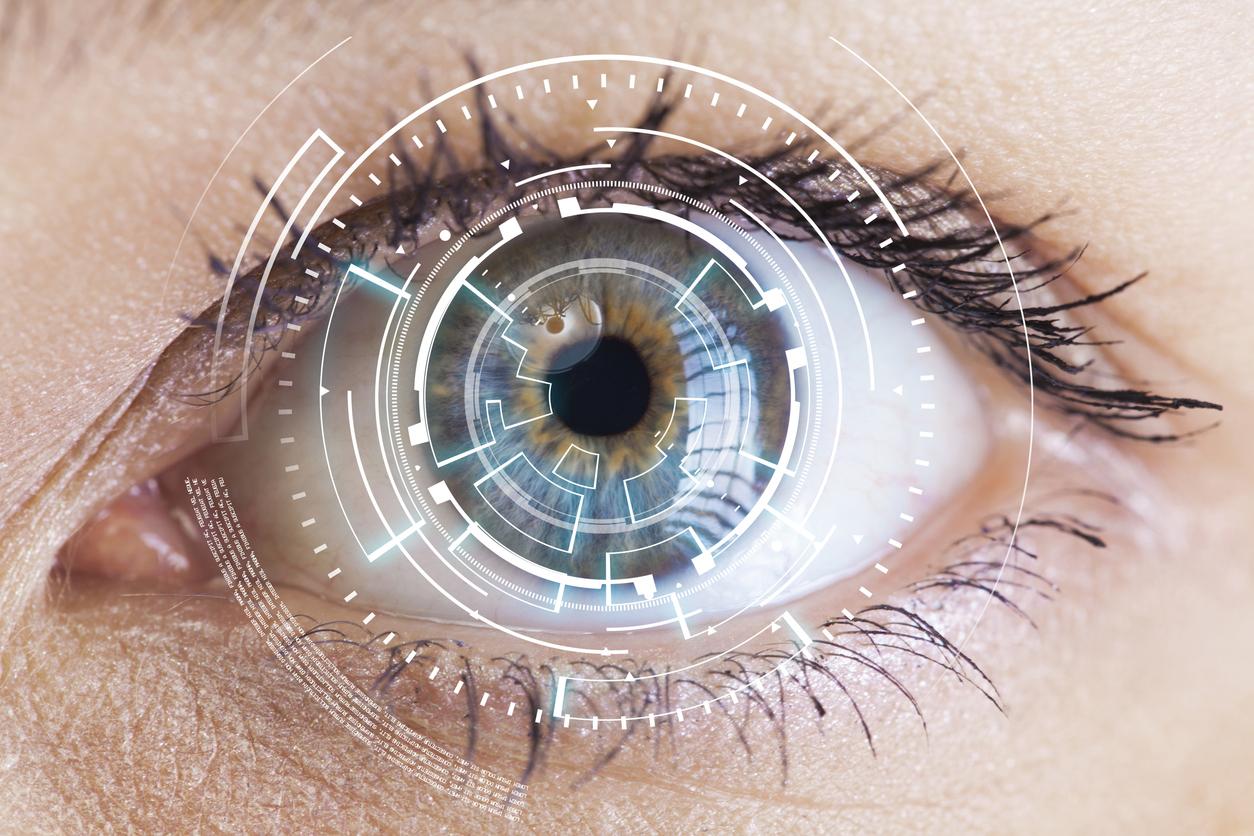Researchers at the University of Minnesota at Minneapolis wanted to understand the impact of psychological factors on stroke. They conducted a study on 6,700 adults aged 45 to 84 who answered specific questionnaires about their level of stress, depression, aggression and anger.
They analyzed the aggressiveness and the negative worldview of the volunteers by evaluating their expectations and their motivations.
The participants were followed for 11 years. None of them suffered from heart disease. During this time, 147 had stroke and 48 had a transient ischemic attack (TIA is a sudden and temporary neurological deficit. Its clinical symptoms last less than an hour).
Strokes like aggression
If anger does not increase the chances of having a Stroke, depression, stress and aggression seem to be linked to an increase in strokes.
Indeed, the results of this study reveal that depressive symptoms increase the risk of having a stroke or TIA by 86%, that individuals who are chronically stressed have a 59% higher risk of having this type of. attacks. Cynical and aggressive people are twice as affected by these accidents.
“We focus so much on traditional risk factors, cholesterol level, blood pressure, smoking etc, and they are all very important. But a study like this shows that psychological factors must also be considered,” explains one of the study’s authors, Susan Everson-Rose, associate professor of medicine at the University of Minnesota at Minneapolis.
“Given the aging of the population, it is important to examine these other risk factors. Because stroke is a disease that mainly affects the elderly,” explains Susan Everson-Rose.
Each year in France, 130,000 people are victims ofStroke, causing 33,000 deaths. More than 771,000 people of them still suffer from sequelae. It is the 3rd cause of death after cancer and myocardial infarction and the 2nd cause of dementia after Alzheimer’s disease.
3 out of 4 people who have had a stroke are over 65 years old.
















